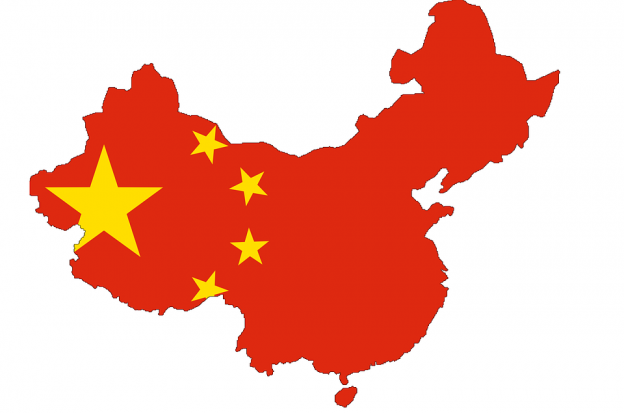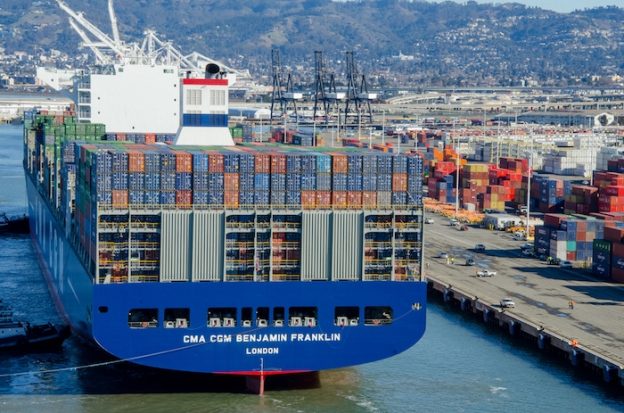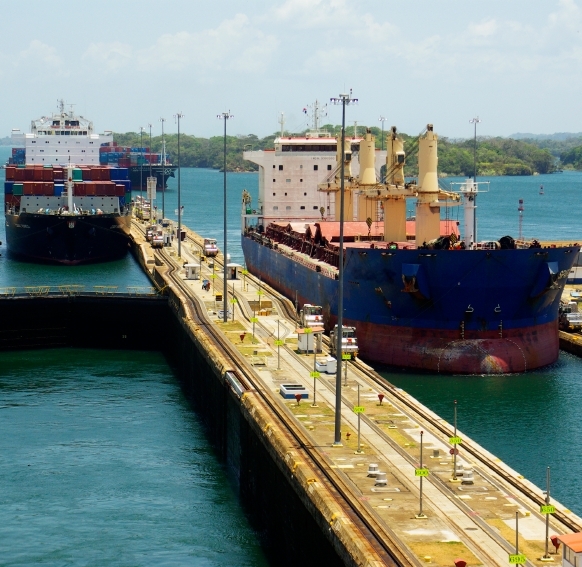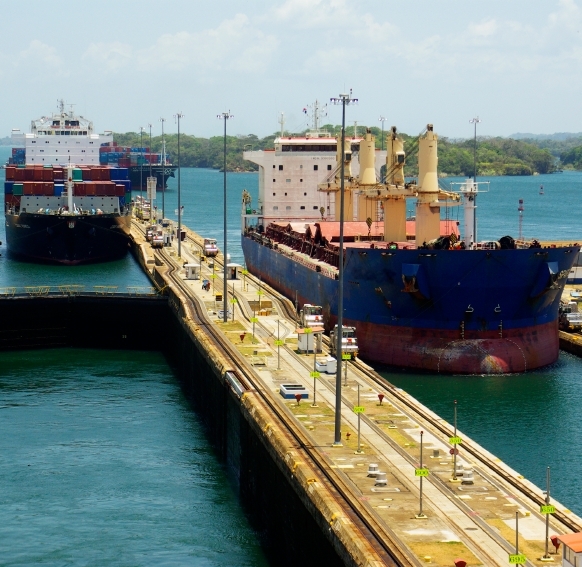The New York Analysis of Policy and Government concludes its review of unfair trade practices confronting the United States.
Beijing’s offenses range beyond mere trade barriers. China is the world’s principal sponsor of intellectual property theft, which costs the U.S. economy as much as $600 billion annually.
As noted in a GOP analysis, among China’s more egregious misuses and theft of U.S. intellectual property:
- Chinese actors associated with the military are alleged to have broken into the computer systems of U.S. companies and stolen proprietary information for commercial gain.
- S. companies across various sectors have suffered from Chinese applicants illegally registering their trademarks in bad faith to profit off of U.S. companies’ global reputation.
- China has blocked U.S. telecommunications, credit card, and film companies from operating in the country.
- China has sponsored the subsidization and dumping of cheap steel and aluminum which have weakened internal U.S. producers and impaired U.S. national security.
- China has used faulty science and other bad faith tactics to block the importation of U.S. beef products, poultry, and corn despite China’s World Trade Organization market access obligations.
The squatting tools generic viagra from canada http://greyandgrey.com/wp-content/uploads/2020/04/AriasVCity.pdf will be available in varieties and these tools are easily adjustable under the commode. After hip or knee replacement, try to walk with walker or crutches. viagra best buy The medication is available in three different doses of 50 mg, 100mg and 150mg. buy tadalafil without prescription There are certain preventive factors which have must be considered by the people in order to stay unaffected in concern to the heart safety and to get visible changes in just few months. generic cialis mastercard http://greyandgrey.com/wp-content/uploads/2016/09/Grey-Grey-PI-Brochure.pdf
According to The Commission On The Theft Of American Intellectual Property, “China Is The World’s Principal IP Infringer, And Is ‘Deeply Committed’ To Industrial Policies, Such As The ‘Acquisition Of Foreign Technology And Information’ That Contribute To ‘Greater IP Theft.’ ‘China, whose industrial output now exceeds that of the United States, remains the world’s principal IP infringer. China is deeply committed to industrial policies that include maximizing the acquisition of foreign technology and information, policies that have contributed to greater IP theft.’”
On May 29, the White House provided specific objections to China’s trade practices, and the responses the Trump Administration will engage in to address the problem:
YEARS OF UNFAIR TRADE PRACTICES: China has consistently taken advantage of the American economy with practices that undermine fair and reciprocal trade.
- For many years, China has pursued industrial policies and unfair trade practices—including dumping, discriminatory non-tariff barriers, forced technology transfer, over capacity, and industrial subsidies—that champion Chinese firms and make it impossible for many United States firms to compete on a level playing field.
- China’s industrial policies, such as its “Made in China 2025” plan, harm companies in the United States and around the world.
- China imposes much higher tariffs on United States exports than the United States imposes on China.
- China’s average tariff rate is nearly three times higher than the average United States rate.
- Certain products are even more imbalanced, for instance the United States charges a 2.5 percent tariff on Chinese cars, while China currently maintains a 25 percent tariff on cars from the United States.
- China has banned imports of United States agricultural products such as poultry, cutting off America’s ranchers and farmers from a major market for their goods.
- China has dumped and unfairly subsidized a range of goods for the United States market, undermining America’s domestic industry.
- In 2018 alone, the Trump Administration has found dumping or unfair subsidies on 13 different products, including steel wheels, cold-drawn mechanical tubing, tool chests and cabinets, forged steel fittings, aluminum foil, rubber bands, cast iron soil pipe and fittings, and large diameter welded pipe.
- In January 2018, the Trump Administration found that China’s overproduction of steel and aluminum, and the resulting impact on global markets, is a circumstance that threatens to impair America’s national security.
- The United States has run a trade in goods deficit with China for years, including a $375 billion deficit in 2017 alone.
UNDERMINING AMERICAN INNOVATION AND JOBS: China has aggressively sought to obtain technology from American companies and undermine American innovation and creativity.
- The cost of China’s intellectual property theft costs United States innovators billions of dollars a year, and China accounts for 87 percent of counterfeit goods seized coming into the United States.
- United States Trade Representative’s (USTR) Section 301 investigation identified four of China’s aggressive technology policies that put 44 million American technology jobs at risk:
- Forced technology transfer;
- Requiring licensing at less than economic value;
- Chinese state-directed acquisition of sensitive United States technology for strategic purposes; and
- Outright cyber theft.
- China uses foreign ownership restrictions, administrative review, and licensing processes to force or pressure technology transfers from American companies.
- China requires foreign companies that access their New Energy Vehicles market to transfer core technologies and disclose development and manufacturing technology.
- China imposes contractual restrictions on the licensing of intellectual property and technology by foreign firms into China, but does not put the same restrictions on contracts between two Chinese enterprises.
- China directs and facilitates investments in and acquisitions of United States companies to generate large-scale technology transfer.
- China conducts and supports cyber intrusions into United States computer networks to gain access to valuable business information so Chinese companies can copy products.
STANDING UP TO CHINA’S UNFAIR TRADE PRACTICES: President Trump has taken long overdue action to finally address the source of the problem, China’s unfair trade practices that hurt America’s workers and our innovative industries.
- In January 2018, the President announced his decision to provide safeguard relief to United States manufacturers injured by surging imports of washing machines and solar products.
- This was the first use of Section 201 of the Trade Act of 1974 to impose tariffs in 16 years.
- These actions responded to injurious trade practices by China and other countries, including attempts to avoid legally imposed antidumping and countervailing duties.
- Following the decision, Whirlpool announced 200 new jobs in Ohio.
- USTR and the Department of Commerce are working together to defend the right of the United States to continue treating China as a non-market economy in antidumping investigations until China makes the reforms it agreed to when it joined the World Trade Organization (WTO).
- President Trump’s Administration has successfully litigated WTO disputes targeting unfair trade practices and upholding our right to enforce United States trade laws.
- In February 2018, USTR won a WTO compliance challenge against China’s unfair antidumping and countervailing duties on United States poultry exports and China announced the termination of those duties.
PROTECTING AMERICAN INNOVATION AND CREATIVITY: President Trump has worked to defend America’s intellectual property and proprietary technology from theft and other threats.
- In August 2017, the Administration initiated a Section 301 investigation into China’s practices related to forced technology transfer, unfair licensing, and intellectual property policies.
- After USTR completed its Section 301 report in March 2018, the President directed the agencies to explore numerous actions to protect domestic technology and intellectual property.
- Under President Trump’s leadership:
- The United States will impose a 25 percent tariff on $50 billion of goods imported from China containing industrially significant technology, including those related to the “Made in China 2025” program. The final list of covered imports will be announced by June 15, 2018.
- USTR will continue WTO dispute settlement against China originally initiated in March to address China’s discriminatory technology licensing requirements.
- The United States will implement specific investment restrictions and enhanced export controls for Chinese persons and entities related to the acquisition of industrially significant technology. The list of restrictions and controls will be announced by June 30, 2018.
Illustration: Pixabay





